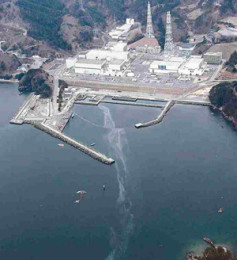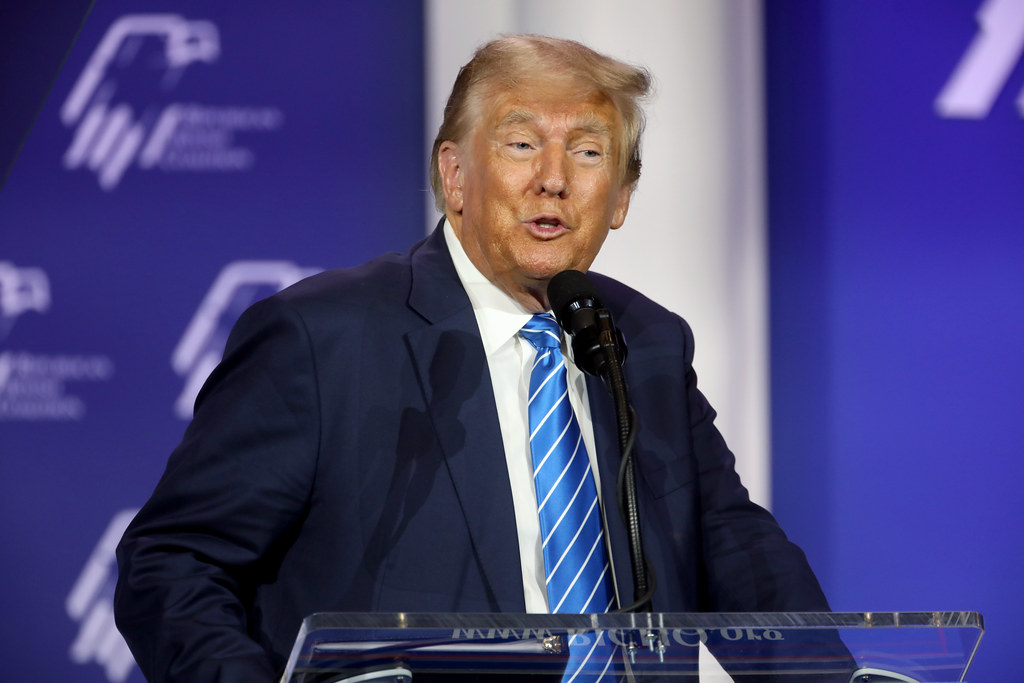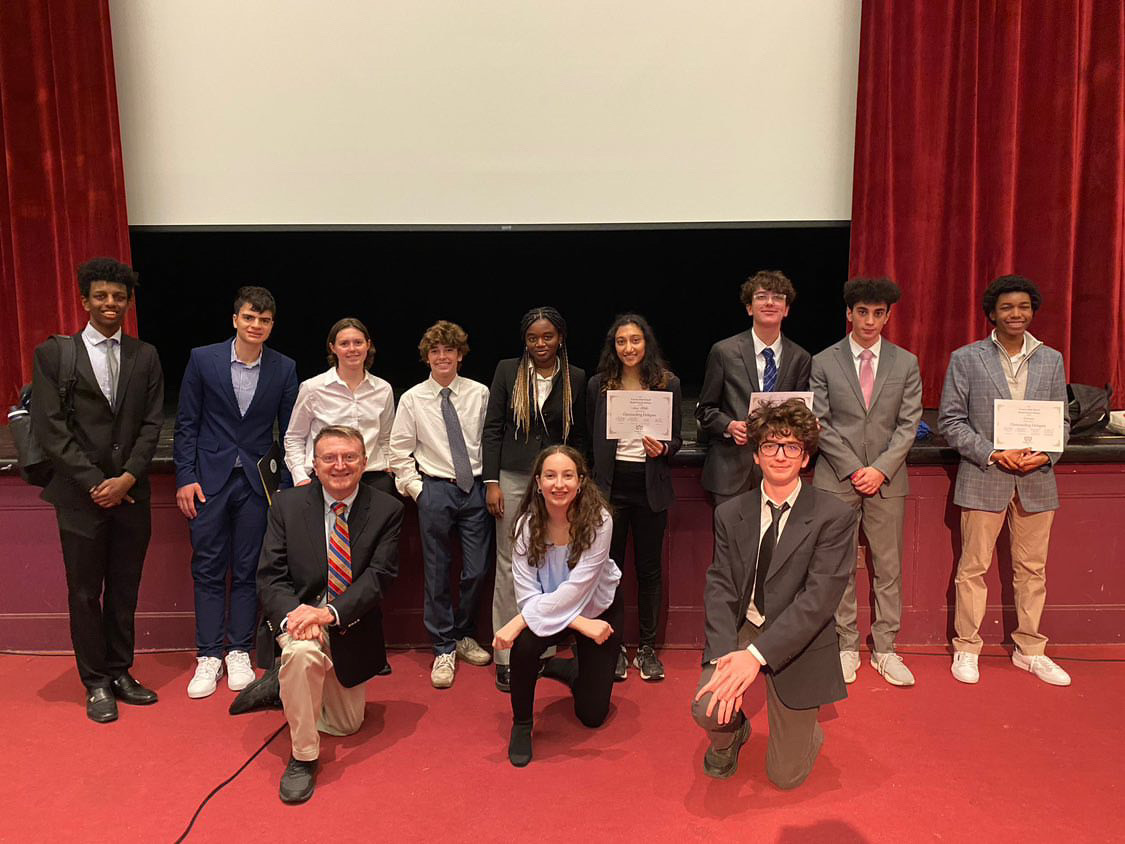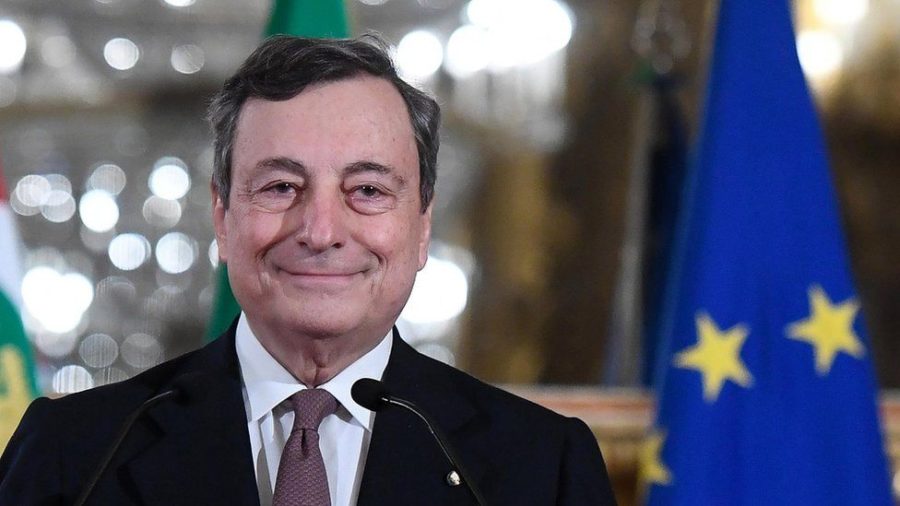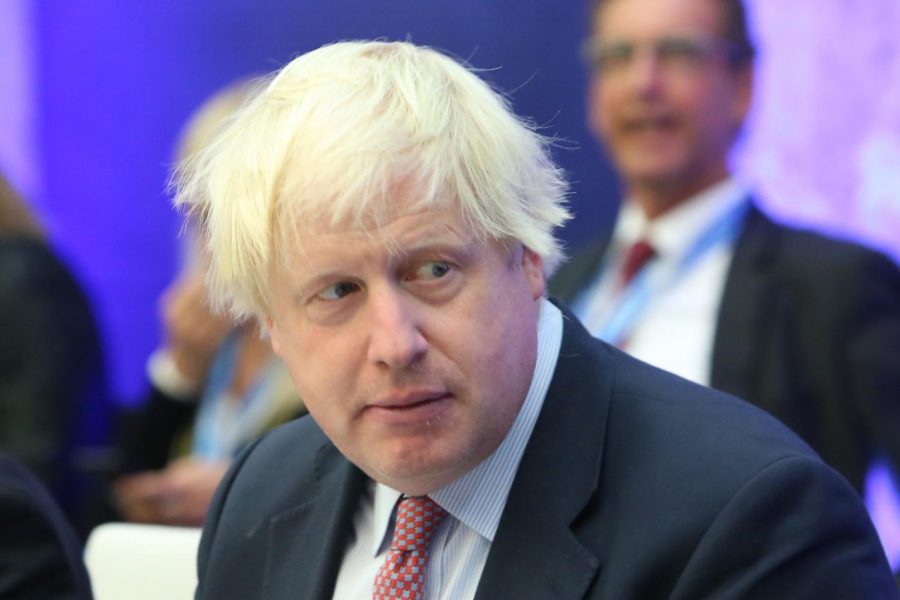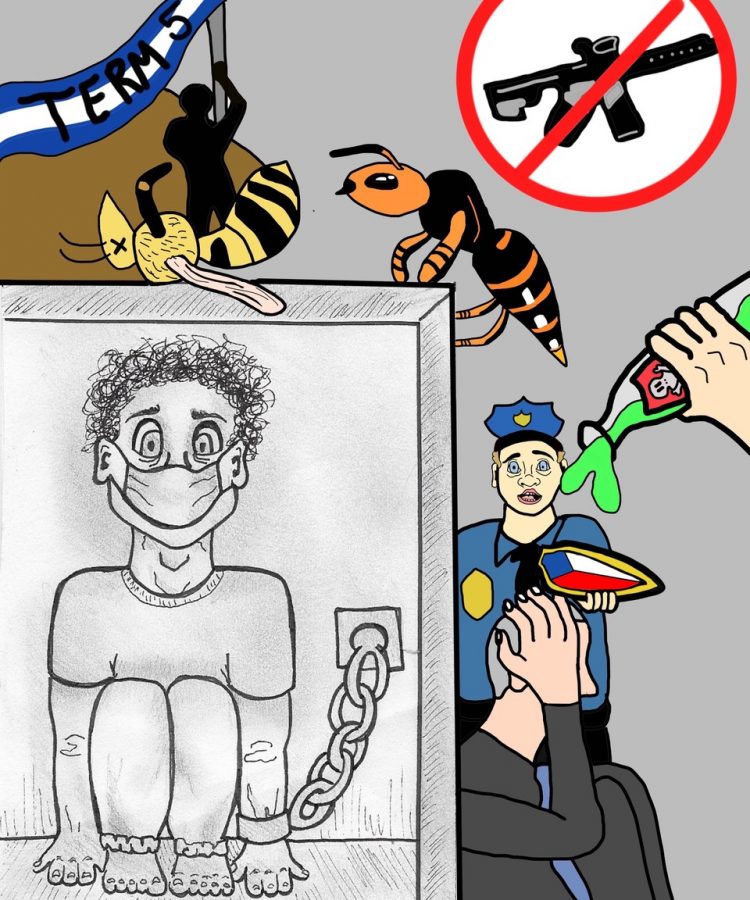1. Resistance in the Ivory Coast. On Sunday, April 10, in Abidjan, the economic capital of the Ivory Coast, France and the United Nations attacked the presidential palace, where Laurent Gbagbo is living. Gbagbo, the former president, lost the election last November, but refused to leave the presidential home. Approximately 200 guards surrounded the palace, protecting him. Gbagbo’s forces have attacked local citizens, the United Nations’ headquarters and the station of the opposition party, headed by Alassane Ouattara, the legitimate leader of Ivory Coast’s government.
2. Protests erupt in Syria. Syria cut off the city of Banias, where hundreds of protesters calling for freedom and governmental reforms in Syria were gathering from around the country. This marks a conflict similar to the uprisings that have been occurring elsewhere in the Middle East. Soldiers and tanks did not allow people into Banias, and communication was cut off to most of the city. On Sunday, four protestors were killed by the Syrian government’s forces. Others were wounded and killed in demonstrations before this event.
3. Mixed Opinions Over French Law. A controversial law passed last year in France went into effect on Monday, April 11. This law bans the wearing of a full-face-covering veil, or niqab, in public locations. The ban applies to visitors and residents of France alike. Right now, opinions on this measure are varied. Many are outraged that the government of France is to define what its citizens can wear, and protestors are calling for civil disobedience against this law. On the other hand, many say that the bill promotes security and that the niqab is not in agreement with France’s views on women’s honor.
4. Rating of Nuclear Spill Increased. On Tuesday, the Japanese government changed their rating of the nuclear spill at the Fukushima Daiichi Nuclear Power Station to a rating of 7, which is the worst possible rating. It had previously been a level 5 nuclear disaster, according to the International Atomic Energy Agency. Many questioned the government for having concealed the extent of the nuclear damage for so long. The plant is continuing to work to decrease the amount of nuclear energy released.
5. Yemen Update. The Gulf Cooperation Council, made up of Saudi Arabia, Oman, Bahrain, Qatar, Kuwait and the United Arab Emirates, offered again to help fix the political problems in Yemen. They would like current president Ali Abdullah Saleh to step down. Saleh did not say he supported this proposal, and seemed to speak against it last week. However, the government stated that Saleh was not against it.
All information gathered from the New York Times

